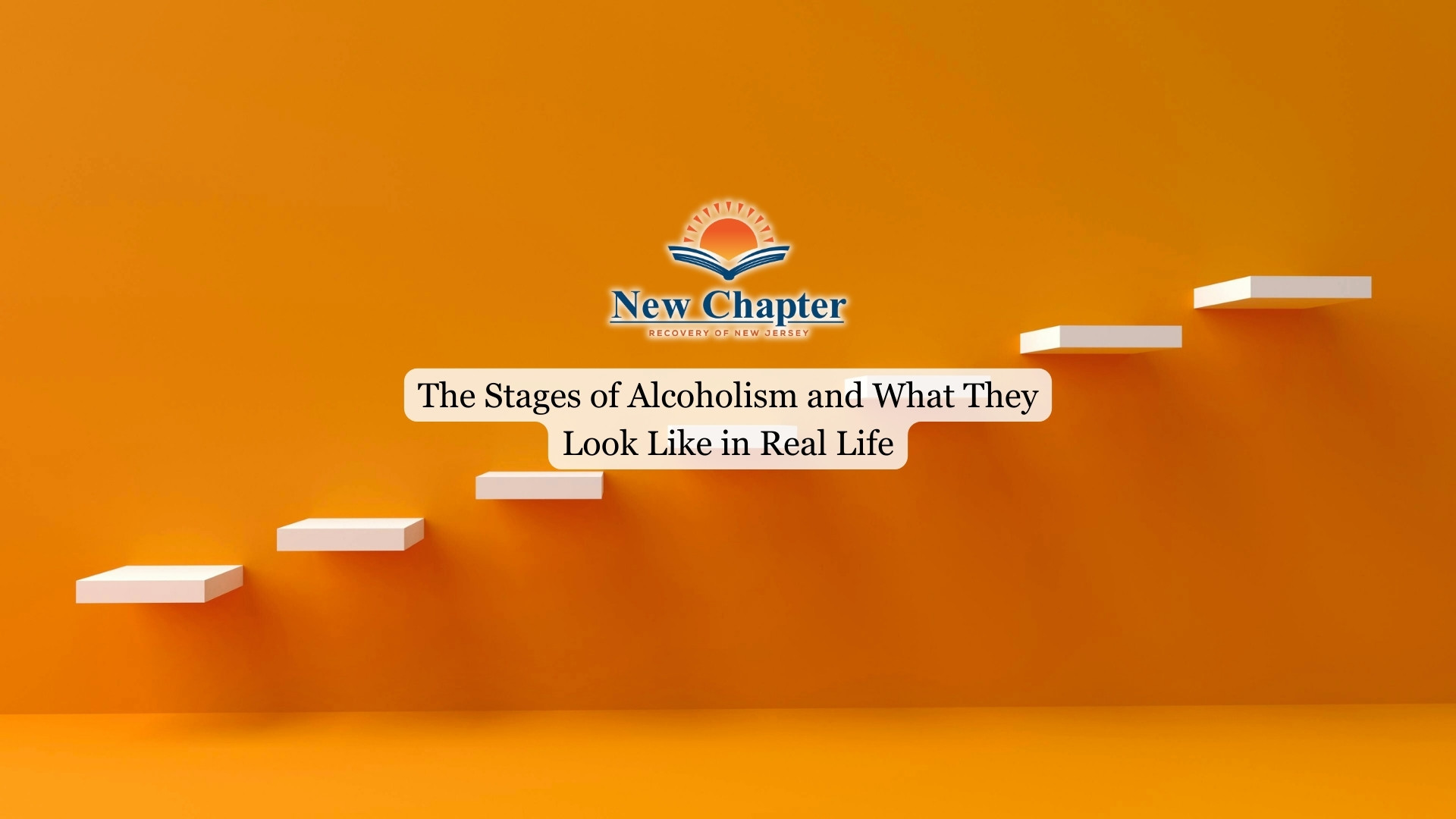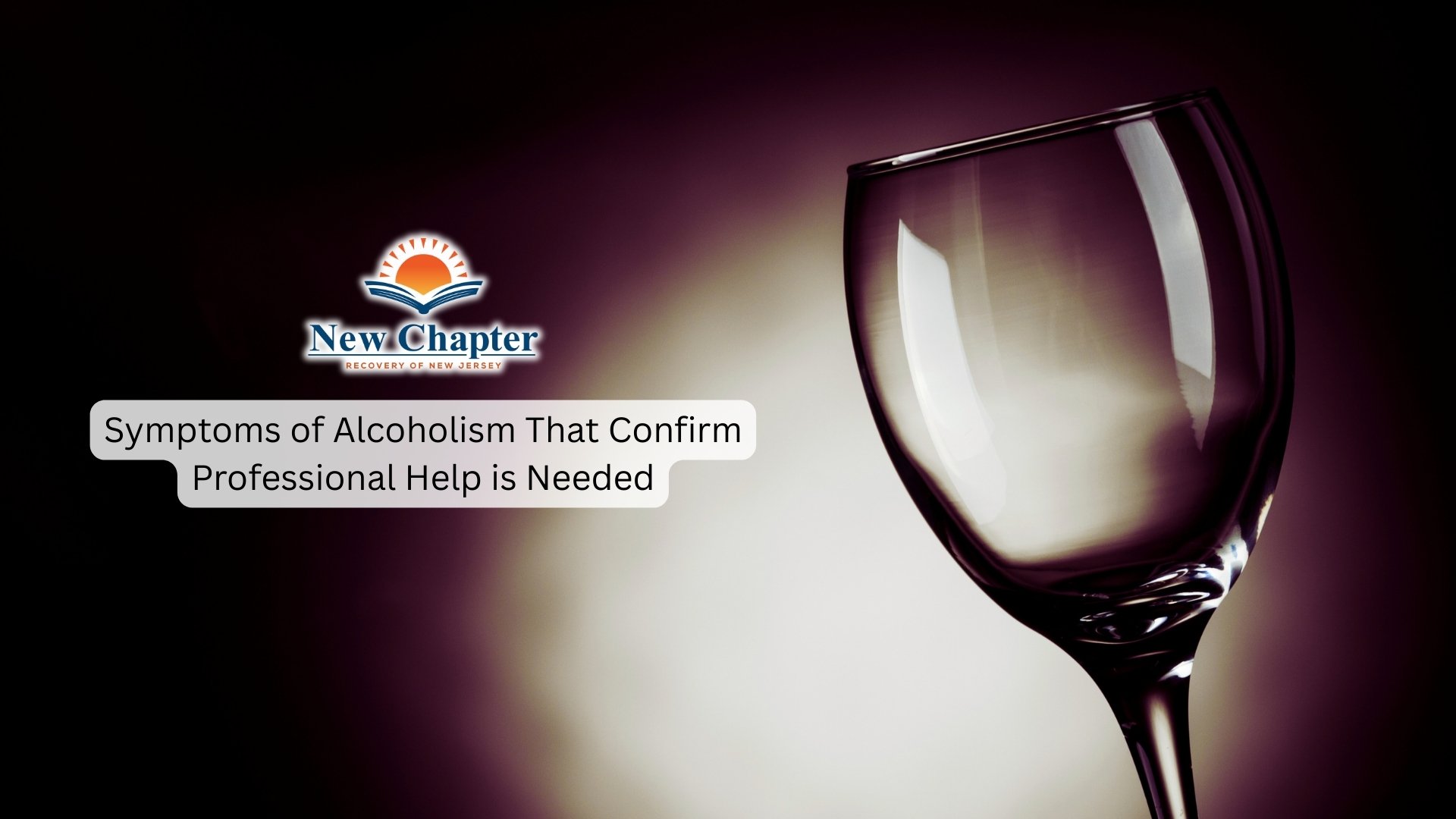Alcohol shakes, also known as tremors, are a common and distressing symptom experienced by individuals who suddenly stop or significantly reduce their alcohol intake after a period of heavy drinking. These shakes occur as the body, which has become accustomed to the depressant effects of alcohol, tries to adjust to the absence of the substance. When alcohol is removed, the brain continues to deliver increased nerve activity, leading to a range of withdrawal symptoms, including tremors, anxiety, and agitation.
Dealing with alcohol shakes can be a challenging and uncomfortable experience, but there are practical strategies that can help manage and alleviate these symptoms. In this article, we will explore the causes of alcohol shakes and provide a comprehensive guide on how to cope with them effectively. From staying hydrated and maintaining a healthy diet to practicing stress management techniques and seeking support, we will cover the essential steps to help you navigate through this difficult phase of alcohol recovery.

Understanding Alcohol Shakes
Alcohol shakes, commonly seen in individuals experiencing alcohol withdrawal, manifest as involuntary trembling or quivering, particularly in the hands. These shakes are a significant symptom of withdrawal and often arise when someone with alcohol dependence abruptly stops or reduces their alcohol consumption.
Typically beginning 6-8 hours after the last drink and peaking within 48-72 hours, alcohol shakes indicate the body’s response to the sudden absence of alcohol.
Besides trembling, alcohol shakes can be accompanied by other withdrawal symptoms such as anxiety, seizures, or delirium tremens, highlighting the seriousness of an alcohol use disorder. Seeking immediate medical attention is crucial if experiencing these symptoms, as they could indicate underlying health issues like Wernicke-Korsakoff Syndrome. Understanding how alcohol withdrawal can trigger seizures is particularly important, as seizures represent one of the most serious complications of alcohol withdrawal.
Treatment for alcohol shakes usually involves supervised detoxification, where healthcare professionals may administer medications like benzodiazepines and thiamine supplements to manage withdrawal symptoms effectively. To better understand the risks associated with withdrawal, including the potential for the kindling effect, you can read more about the dangerous cycle of alcohol withdrawal.
Causes of Alcohol Shakes
During alcohol withdrawal, the body struggles to cope with the sudden absence of alcohol, leading to imbalances in neurotransmitters such as GABA and glutamate. These neurochemical changes can trigger alcohol shakes, predominantly affecting the hands but potentially spreading to other body parts.
These tremors occur due to alcohol’s impact on the brain and nervous system. When consumed regularly in large quantities, alcohol has a depressant effect, slowing down brain function and reducing energy levels. To compensate for this sedative effect, the brain increases nerve activity to maintain alertness. However, when alcohol is suddenly removed from the system, the brain continues to function in this heightened state, leading to tremors and other withdrawal symptoms.
Alcohol shakes can also be caused by long-term alcohol abuse, which can result in damage to the brain, nerves, and liver. Prolonged alcohol use can disrupt the communication between the brain, muscles, and nerves, leading to symptoms like hand tremors. Additionally, alcohol-related damage to the cerebellum, a part of the brain responsible for balance, coordination, and fine motor movement, can cause intention tremors, which are most noticeable when a person makes purposeful movements. Liver damage caused by excessive alcohol consumption, particularly in the advanced stages, can lead to a condition called hepatic encephalopathy, which may cause a characteristic flapping or shaking of the hands known as asterixis.
Stay Hydrated
Proper hydration plays a vital role in managing alcohol shakes and withdrawal symptoms effectively. Drinking ample water aids in eliminating toxins from the body, which can alleviate the intensity of alcohol shakes. Try to drink electrolyte-rich beverages like sports drinks to replenish essential minerals that may be depleted due to alcohol consumption. Monitoring the color of your urine can be a useful indicator of hydration levels; a light yellow color indicates adequate hydration.
It is advisable to steer clear of caffeinated drinks such as coffee and tea as they can contribute to dehydration and exacerbate alcohol shakes. Instead, focus on a well-balanced diet with sufficient fluids to support your overall health and alleviate withdrawal symptoms.
Maintain a Healthy Diet
In addition to adequate hydration, maintaining a nutritious diet is essential for managing alcohol shakes and supporting overall health during the withdrawal process. A balanced diet rich in vitamins B and C can help alleviate the severity of alcohol shakes. Including leafy greens, fruits, and whole grains in your meals can ensure you receive essential nutrients that aid your body in this challenging period.
Foods containing magnesium, such as nuts and seeds, may assist in calming tremors associated with alcohol withdrawal. Consuming protein-rich foods like lean meats, beans, and tofu can help regulate blood sugar levels, which is beneficial for controlling alcohol shakes.
Steer clear of sugary and processed foods as they can lead to energy level fluctuations and potentially exacerbate alcohol withdrawal symptoms. Focus on nourishing your body with wholesome, nutrient-dense foods that supply the necessary sustenance for recovery.

Practice Stress Management Techniques
Activities such as meditation, deep breathing, or progressive muscle relaxation can help alleviate the intensity of alcohol shakes by reducing overall stress levels.
Establishing a daily routine that includes mindfulness practices like yoga or journaling can further aid in stress management and minimizing the occurrence of alcohol shakes.
Regular exercise, even in the form of gentle activities like walking or stretching, can significantly lower stress levels and contribute to a reduction in alcohol shakes.
Prioritizing self-care activities is essential in addressing stress and reducing alcohol shakes. Making time for hobbies you enjoy, ensuring you get enough rest, and practicing relaxation techniques that resonate with you’re key.
Get Enough Sleep
Getting an adequate amount of quality sleep is crucial in managing alcohol shakes and supporting your recovery process. It’s recommended to aim for 7-9 hours of restful sleep each night to allow your body the necessary time to heal and recuperate.
Establishing a consistent sleep schedule by going to bed and waking up at the same times daily, including weekends, can help regulate your body’s internal clock and encourage better sleep patterns.
Creating a calming bedtime routine can help you unwind before sleep. Activities such as reading a book, taking a warm bath, or practicing gentle stretching or meditation can be beneficial. It’s advised to avoid electronics and stimulating activities at least an hour before bedtime, as they can hinder your ability to fall asleep and disrupt the quality of your sleep.
Seek Professional Help
When experiencing alcohol shakes, it’s essential to seek professional help for a safe and effective recovery process. Medical professionals can offer the necessary supervision and support during alcohol withdrawal, which can be a difficult and potentially risky phase.
In addition to medical oversight, professionals can assist you through the detoxification process and suggest suitable treatment options. Thiamine supplementation might be advised to prevent the onset of Wernicke-Korsakoff Syndrome, a severe neurological condition linked to prolonged alcohol consumption.
Seeking professional help also allows access to alcohol addiction treatment programs and counseling, which can address the root causes of alcohol addiction and equip you with the necessary tools and strategies for sustained recovery.
Final Thoughts From New Chapter Recovery on Alcohol Shakes and Tremors
In conclusion, alcohol shakes serve as a stark reminder of the profound impact that alcohol addiction can have on an individual’s physical and mental well-being. While managing these tremors is an important aspect of the recovery process, it is only one part of a comprehensive approach to treating alcohol addiction.
Seeking professional help from addiction specialists, therapists, and support groups is crucial for addressing the underlying causes of alcohol dependence and developing the skills and strategies needed for long-term sobriety. Treatment options may include cognitive-behavioral therapy, medication-assisted treatment, and participation in peer support programs like Alcoholics Anonymous. By combining practical strategies for managing withdrawal symptoms with a holistic approach to addiction treatment, individuals struggling with alcohol use disorder can overcome the challenges of alcohol shakes and build a strong foundation for a healthier, more fulfilling life in recovery.






